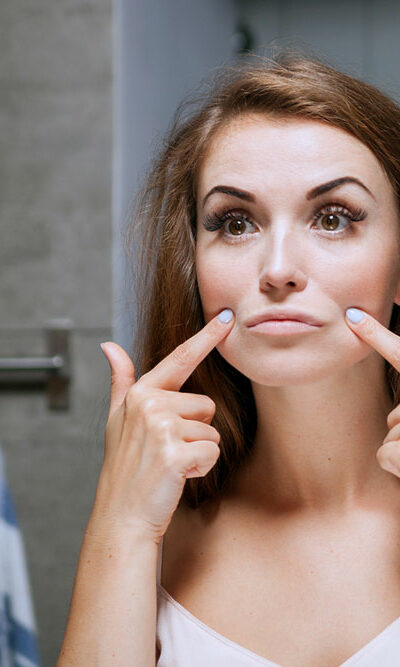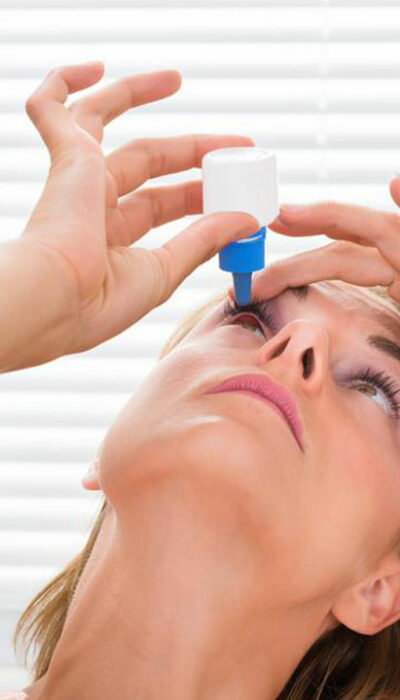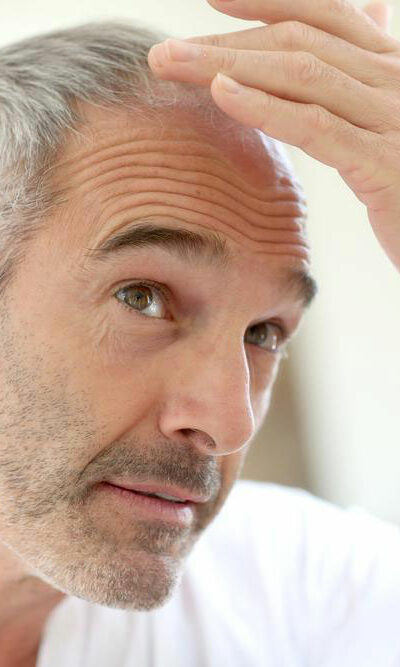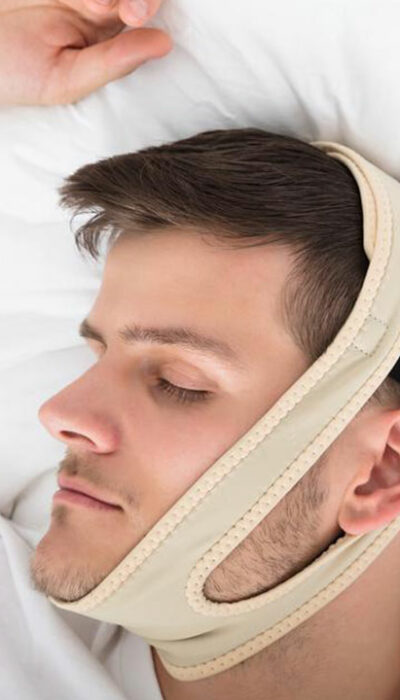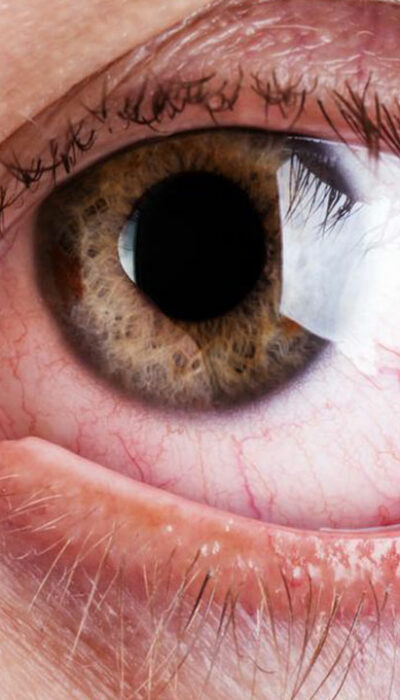
Home Remedies for Treating an Asthma Attack
Asthma is a health issue that leads to difficulties in breathing. If you are facing an asthma attack, there are emergency home remedies to treat asthma that can be used to provide relief from symptoms. Asthma is a health problem that affects the lungs. An asthma attack can be scary and sometimes even life-threatening. It leads to inflammation in the airways, causing the airways to tighten. An Asthma Attack The tightening of airways leads to difficulty in breathing, causing gasps and wheezing. As a lot of mucus is produced by the lungs, the person coughs continuously to expel the mucus. Continous cough can extreme discomfort. In severe cases, you may even need hospitalization in case of an asthma attack. Certain home remedies treat asthma very well. These can be tried to relieve symptoms immediately and also prevent them from worsening. Eliminate the Trigger Most asthma patients have a trigger factor that causes an asthma attack. It could be a scent, cigarette smoke, a food product, wool, or dust. It is important to understand what is causing the asthma attack to ensure further attacks don’t take place. You need to move the asthmatic person from the vicinity of the trigger or remove the trigger factor from their immediate environment. Doing so can help to reduce symptoms and prevent them from worsening. Drink Hot Coffee It is no secret that home remedies treat asthma symptoms. Hot coffee is one such emergency home remedy that provides relief. The warmth of the drink and the caffeine work together to open up the airways, making breathing easier. Hot tea is similarly proven to be effective. Breathing Deeply You need to relax and sit comfortably. Don’t lie down and always sit upright to aid better breathing. You can take slow, deep breaths through your nose. A deep breath not only aids easy breathing but also helps you relax and prevents you from panicking.
